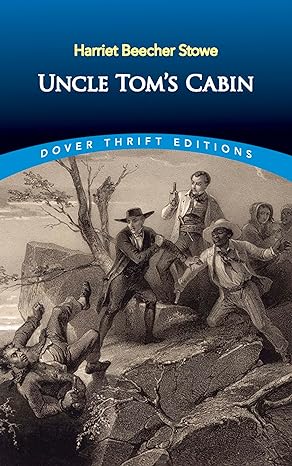The Founders' Key: The Divine and Natural Connection Between the Declaration and the Consititution and What We Risk by Losing It by Larry P. Arnn
Published in 2012 by Thomas Nelson
Larry P. Arnn is the president of Hillsdale College and I suppose I should tell you that I receive Hillsdale's free monthly bulletin, Imprimis, which features excerpts of speeches given by guests at Hillsdale College. President Arnn is featured annually so I was fairly familiar with his work before I picked up this book. In fact, that was the reason I picked The Founders' Key up in the first place.
Arnn's main point is that the Declaration of Independence and the Constitution are highly inter-related and that the efforts of some politicians and academics to separate them are not only incorrect but are also symptomatic of a larger effort to redefine and dilute the rights and governments described in both documents.

Arnn makes this point early and brilliantly in simple and soaring language. He demonstrates that the series of complaints against King George III in the Declaration describe how the King did not act as a faithful representative of his people, invaded their private rights and violated the principle of separation of powers (pages 36-37). These ideas are, of course, enshrined in the Constitution and he explains them quite well.
But, like the old joke about Chicago voters voting early and often, Arnn makes his point early and often. The original text only has 123 pages, but the book keeps on coming back to this main point again and again. I was impressed the first time (literally, I had not seen it that way before and I am glad he pointed it out). He points out how slavery nearly split the union and the Founders built in the tools to end slavery into the system (I was reminded of Martin Luther King's "I Have a Dream" speech in which he observes that they were there to cash the check written by the Founders for their rights), the tendency to let the bureaucracy act as a 4th (unelected) branch of government, the danger of re-interpretation, the danger of trading our rights for promised security and he comes back to the main points again and again in detail. I found myself both impressed and exasperated.
Following the 123 pages of original text, there is an appendix of 71 pages of documents, including the Declaration of Independence, the Constitution, five of the Federalist Papers (#10, #39, #48, #49, #51) and an essay named "Property" written by James Madison in 1792. There are also extensive notes and 2 pages of "Suggested Further Reading."
I rate this book 3 stars out of 5.
This book can be found on Amazon.com here: The Founders' Key: The Divine and Natural Connection Between the Declaration and the Constitution and What We Risk by Losing It
Reviewed on June 16, 2012.
I received this book for free from Thomas Nelson, Inc. in exchange for an honest review.
Larry P. Arnn is the president of Hillsdale College and I suppose I should tell you that I receive Hillsdale's free monthly bulletin, Imprimis, which features excerpts of speeches given by guests at Hillsdale College. President Arnn is featured annually so I was fairly familiar with his work before I picked up this book. In fact, that was the reason I picked The Founders' Key up in the first place.
Arnn's main point is that the Declaration of Independence and the Constitution are highly inter-related and that the efforts of some politicians and academics to separate them are not only incorrect but are also symptomatic of a larger effort to redefine and dilute the rights and governments described in both documents.

Arnn makes this point early and brilliantly in simple and soaring language. He demonstrates that the series of complaints against King George III in the Declaration describe how the King did not act as a faithful representative of his people, invaded their private rights and violated the principle of separation of powers (pages 36-37). These ideas are, of course, enshrined in the Constitution and he explains them quite well.
But, like the old joke about Chicago voters voting early and often, Arnn makes his point early and often. The original text only has 123 pages, but the book keeps on coming back to this main point again and again. I was impressed the first time (literally, I had not seen it that way before and I am glad he pointed it out). He points out how slavery nearly split the union and the Founders built in the tools to end slavery into the system (I was reminded of Martin Luther King's "I Have a Dream" speech in which he observes that they were there to cash the check written by the Founders for their rights), the tendency to let the bureaucracy act as a 4th (unelected) branch of government, the danger of re-interpretation, the danger of trading our rights for promised security and he comes back to the main points again and again in detail. I found myself both impressed and exasperated.
Following the 123 pages of original text, there is an appendix of 71 pages of documents, including the Declaration of Independence, the Constitution, five of the Federalist Papers (#10, #39, #48, #49, #51) and an essay named "Property" written by James Madison in 1792. There are also extensive notes and 2 pages of "Suggested Further Reading."
I rate this book 3 stars out of 5.
This book can be found on Amazon.com here: The Founders' Key: The Divine and Natural Connection Between the Declaration and the Constitution and What We Risk by Losing It
Reviewed on June 16, 2012.
I received this book for free from Thomas Nelson, Inc. in exchange for an honest review.











Comments
Post a Comment